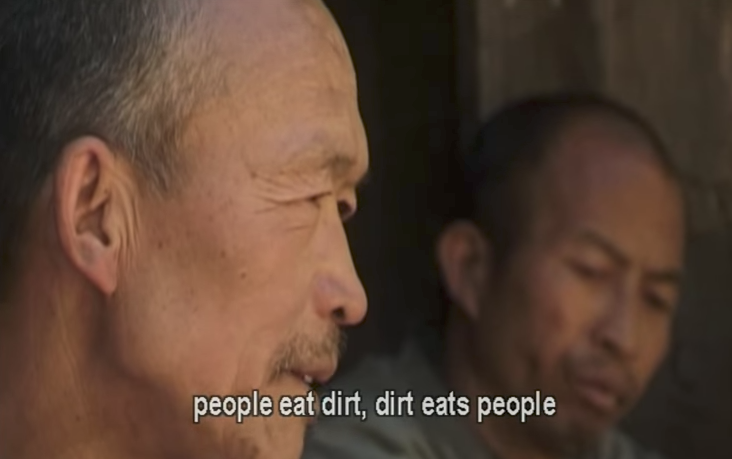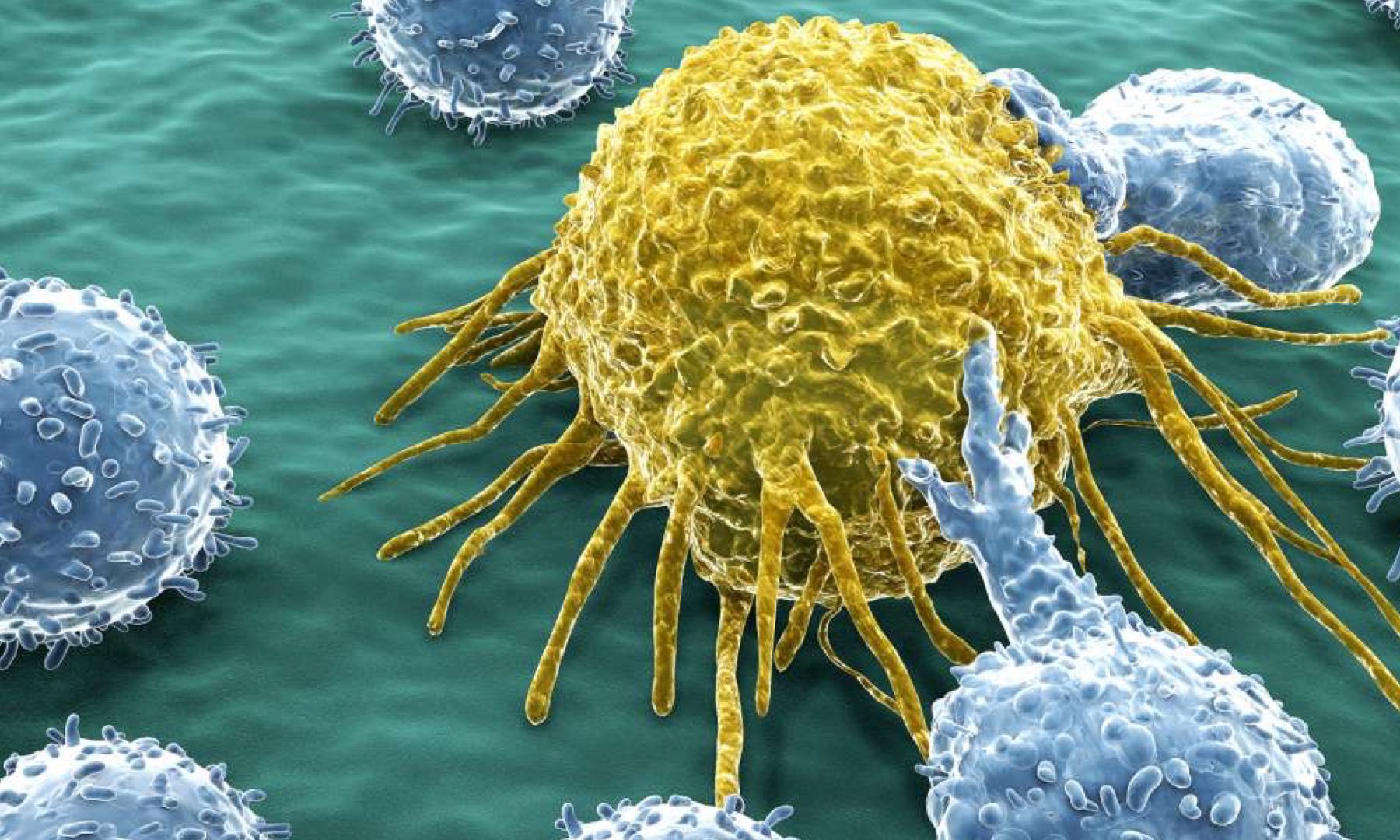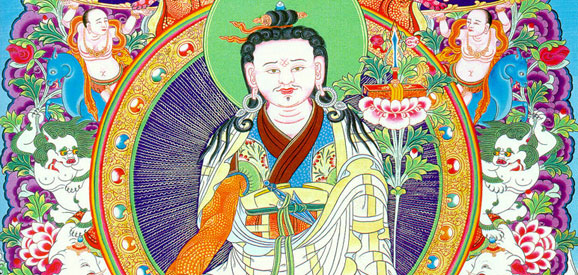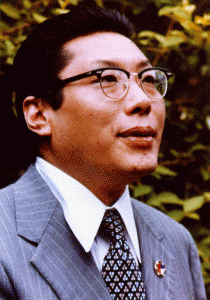
Source: Among the White Clouds (documentary)

Open Source Healing

Source: Among the White Clouds (documentary)
“The best doctor cures those not yet ill.” This is preventative medicine. You can cure any future illnesses if you receive qualified advice today. Sixty to seventy percent of cancer is self-inflicted through lifestyle—so preventative medicine is the best cure. The following are a few points on preventative medicine.
First, the Classic on Internal Medicine states, “Illness enters through the mouth,” so eat at certain times and in definite amounts—and watch what you eat! The ancients said, “Your meat should not over- come the meal’s substance.n9 Avoid foods that are rich, fatty, sweet, fragrant, or parched; stay away from foods too soft or oily and eliminate snacks! Drink some liquids before going to bed and after waking up; eat foods that help your digestion. Don’t eat more than 70% full at breakfast or dinner—at lunch you may enjoy yourself and eat up to 80%. Liquids benefit our yin while solids benefit your yang. These are the teachings of the wise Chinese men of old. The dietary habits of Americans are totally opposite to this. One should eat more at lunch because movement assists digestion. After dinner we are generally inactive, so a large evening meal confines our digestive system and an illness may slowly accumulate. Such a diet goes against the Tao of proper living. A balanced diet not only strengthens our stomach and spleen systems but also prevents cancer and other illnesses.
Second, the I Ching says, “As nature is always creatively active, so too the noble man constantly improves himself.” This same idea is expressed in the proverb, “A moving hinge doesn’t rust, running water doesn’t smell.” Without proper exercise anyone may quickly become old and infirm. During the Eastern Han Dynasty (25-220 AD) the legendary Hua T’o created the Five Animal Frolics, whose main exercises are exhibited in the two postures, The Constant Bear and The Stretching Bird. These movements help us to digest grains. Unfortunately, Hua T’o was innocently executed and left behind a single disciple, who fled into seclusion and reportedly died a youthful 120. It is a shame that their art of longevity was lost to the world. During the later Sung Dynasty (960—1279 AD), Chang San-feng created taichi, an exercise that surpasses even Hua T’o’s exercises.
About forty years ago I contracted tuberculosis and was near death. I began this exercise and not only quickly recovered, but also eliminated a hundred other minor illnesses—my body soon possessed the flexibility of a child. T’aichi relaxes the sinews and vessels and harmonizes the blood with chi. It is impossible for a taichi student to become suppressed, so cancer cannot gain a foothold. These are some of the benefits I have received from taichi, the worlds finest cancer prevention exercise.
Third, the medical classics say that like species can assist one another—but this is not true with the liver; the liver should never be supplemented. This liver is called the General of Fire and easily becomes suppressed. The ancients had other methods for dealing with the liver; separating, scattering, draining, softening, nourishing, comforting, dampening, etc. During spring all vegetation is alive, expanding and diffusing itself. The liver is correlated with the element wood because it too has a nature that enlarges itself. When we butcher a chicken, pig, cow, or lamb, the suppressed ch’i of their body enters the liver. In ancient times, when people were much more in touch with nature, men even died after eating liver in the spring!
Today, many doctors and herbalists prescribe liver remedies to supplement their patient’s blood. This provides quick relief and quick profit, but may actually precipitate an illness. Few are aware of this, and in recent years I’ve seen a daily increase in the number of cases involving inflammation of the liver, cirrhosis of the liver, and liver cancer. I suggest one method of cancer prevention is to stop taking supplementary doses of liver pills indiscriminately.
Fourth, the virtuous and wise men of old all followed the I Ching, “Find peace in nature, trust your fate.” If you possess this inner peace, then my previous three points on preventing cancer can be ignored, as this alone is the greatest and best method. How do you find peace in nature and understand fate? Start by eliminating desires and following what is natural. Trust your fate, for where there is life, there is death—don’t destroy yourself. Follow your original nature and pursue a quiet, reflective life. Then cancer will never harm you.
Summary: In ancient times, the best doctor cured those not yet ill, and the noble man never rested in improving himself.
Q: Does taichi really possess such marvelous application? Does the liver really possess such harmful potential?
A: Taichi is like swimming on dry land; it relaxes the sinews, opens the vessels, harmonizes the ch’i with the blood, and benefits both mind and body. It surpasses the benefits of swimming with none of its harmful side effects. With taichi, eradicating disease and lengthening your life are within reach. Eating liver directly supplements your liver. The Classic on Internal Medicine says, “Like species supplement each other,” and the I Ching says, “Similar ch’i search each other out.” But the Classic on Internal Medicine also says, “Do not supplement the liver.” Liver was aligned with the element wood to show its proclivity to spread or enlarge. Too much fertilizer under the tree hardens the wood; this is similar to cirrhosis of the liver and other disorders we see today.
source: Master of Five Excellences
The symptoms of serious abdominal lesions include plain bump which neither hurt nor itch: similar to abdominal swelling due to constipation, phlegmatic lumps, the inner lumps of lymphadentitis, various bone ulcers and their accompanying ulcers, and cancer. All these illnesses have similar symptoms which must be diagnosed quickly and correctly by a qualified physician—procrastination can lead to serious complications. The early symptoms of cancer are usually ignored, and any noticeable development may take anywhere from a few months to a year, possibly ten years—my experience has shown me that cancer has no defined parameter.
Until forty years ago few people had cancer in China—and those who did, experienced only gradual development, whether it was of the stomach, breast, or uterus. Unfortunately, many were told to allow the bumps to grow and to disperse them only after several years. When I was young, my aunt contracted cancer and waited six years before breaking the bumps, causing her great pain. The bumps contained small holes which excreted a thick, foul—smelling pus. My mother told me, “Ninety percent of cancer patients die, that is how difficult it is to cure.” My aunt then went back and forth between various doctors for over two years before the pain gradually decreased. After that she rarely needed help and did not die until twenty years later.
During the war I lived in Chungkin’g where Ts’ai Chi-t’ou and I were studying herbal medicine. When Mr. Ts’ai was young he would follow his mother gathering medicinal herbs, and the stories he told still retain their flavor. His aunt had also contracted breast cancer. A herbal medication was applied to the bumps, which then dispersed. She lived another twenty to thirty years, well into her seventies.
Today, the number of cancer patients is so high and their stage of development so advanced that it is difficult to save even one in a thousand. What is different today from the days when my mother said one in ten could be cured? Although I’ve studied Chinese herbal medicine a long time, I still cannot answer that question. Hua T’o once said, “Any illness can be cured, but you cannot cheat fate.”
Many people fall ill prior to developing cancer due to their suppressed emotions—this energy must be allowed to escape through relaxation and recreation. When cancer is discovered it is vitally important not to worry. A wise man remarked, “Not having to dispense herbs is true Chinese medicine.” Trust your body’s ability to cure itself; this is ten times better than visiting even a famous doctor. Regular diet and exercise can work miracles. Early to bed, early to rise; relax and forget your troubles by the lakes and rivers; place aside preconceived notions of life or death. If we can do this I have no doubt nine out of ten cancer patients can be cured.
In dealing with cancer I use an internist’s approach. Cancer arises from suppression so I prescribe herbs that relax the contained chi and allow the energy to scatter and disperse, stopping the illness’s advance. Failing to advance, it recedes naturally. There is an old saying, “When you view the strange as if it were normal, its peculiarities naturally break down.”” I have cured many patients regardless of their condition, and all that I require is trust. I do not approve of radiation or chemotherapy. I have seen too many treated with far too few results. Many surgeons even undertake exploratory surgery to analyze the condition! But metal instruments should never touch cancer cells. For thousands of years Chinese medicine has recorded illnesses that should not contact metal objects and that worsen once the body is cut. These include lymphadentitis, phlegmal lumps, internal ulcers and their accompanying ulcers, bone ulcers, cancer, “fish eye” boils, carbuncle boils and others—none should contact metallic instruments. These diseases are clearly documented and I mention them only for reference.
Finally, don’t procrastinate! Do shun surgery except in unavoidable conditions. I hope internal medicine can advance as quickly as surgery. I stand to watch its progress.
Summary: The best cure for any illness is found within yourself. If the illness has progressed, follow the internist’s method. Herbs can scatter the suppression.
Q: Why was cancer so rare in ancient time? Why did it progress slower than today? And how did sufferers live longer?
A: Life was simpler and without the stress people feel today. Fame and fortune were not obsessions, nor did the ancient cultures have our modern drive for progress. Dietary and sleeping habits were reg- ular, and social interaction was relaxed. With less to worry about, cancer was rare. When people did contract it, most paid it no atten- tion. It caused no fear and so developed slowly.
Today, many doctors begin exploratory surgery without realizing that cancer is an illness that should not touch metal, and the battlefront becomes ablaze. Afterward radiation and chemotherapy are employed to control its development. After surgery the cancer cells mobilize within the body, and if completely eliminated the patient lives but a few years longer. If there is any metastasis, the patient’s condition worsens immediately and there is nothing left to do.
source: Master of Five Excellences

Sickness are the brooms sweeping your evil deeds.
Seeing the sickness as the teacher, pray to them…
Sickness are coming to you by the kindness of the masters and the Three Jewels.
Sickness are your accomplishments, so worship them as the deities.
Sickness are the signs that your bad karmas are being exhausted.
Do not look at the face of your sickness, but at the one (the mind) who is sick.
Do not place the sickness on your mind, but place your naked intrinsic awareness upon your sickness.
This is the instruction on sickness arising as the Dharmakāya.
The body is inanimate and mind is emptiness.
What can cause pain to an inanimate thing or harm to the emptiness?
Search for where the sickness are coming from, where they go, and where they dwell.
Sickness are mere sudden projections of your thoughts.
When those thoughts disappear, the sickness dissolve too…
There is not better fuel than sickness to burn off the bad karmas.
But see them as the signs of the waning of your bad karmas, and rejoice over them.
Source: Masters of Meditation and Miracles by Tulku Thondrup
 In meditation practice, as you sit with a good posture, you pay attention to your breath. When you breathe, you are utterly there, properly there. You go out with the out-breath, your breath dissolves, and then the in-breath happens naturally. Then you go out again. So there is a constant going out with the out-breath. As you breathe out, you dissolve, you diffuse. Then your in-breath occurs naturally; you don’t have to follow it in. You simply come back to your posture, and you are ready for another out breath. Go out and dissolve: tshoo; then come back to your posture; then tshoo, and come back to your posture.
In meditation practice, as you sit with a good posture, you pay attention to your breath. When you breathe, you are utterly there, properly there. You go out with the out-breath, your breath dissolves, and then the in-breath happens naturally. Then you go out again. So there is a constant going out with the out-breath. As you breathe out, you dissolve, you diffuse. Then your in-breath occurs naturally; you don’t have to follow it in. You simply come back to your posture, and you are ready for another out breath. Go out and dissolve: tshoo; then come back to your posture; then tshoo, and come back to your posture.
Then there will be an inevitable bing!— thought. At that point, you say, “thinking.” You don’t say it out loud; you say it mentally: “thinking.” Labelling your thoughts gives you tremendous leverage to come back to your breath. When one thought takes you away completely from what you are actually doing — you do not even realise that you are on the cushion, but in your mind you are in San Francisco or New York City — you say “thinking,” and you bring yourself back to the breath.
It doesn’t really matter what thoughts you have. In the sitting practice of meditation, whether you have monstrous thoughts or benevolent thoughts, all of them are regarded purely as thinking. They are neither virtuous nor sinful. You might have a thought of assassinating your father or you might want to
make lemonade and eat cookies. Please don’t be shocked by your thoughts: any thought is just thinking. No thought deserves a gold medal or a reprimand.
Just label your thoughts “thinking,” then go back to your breath. “Thinking,” back to breath; “thinking,” back to the breath.
– Chogyam Trungpa (from The Sacred Path of the Warrior)